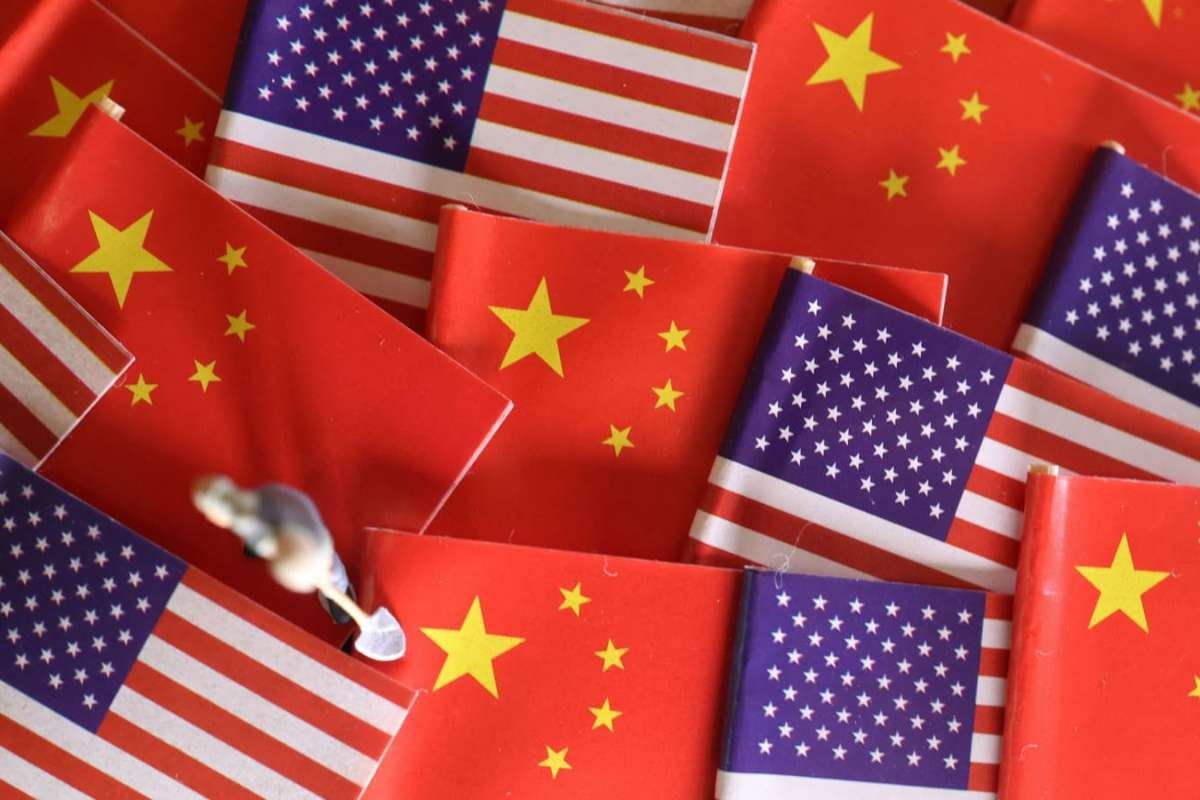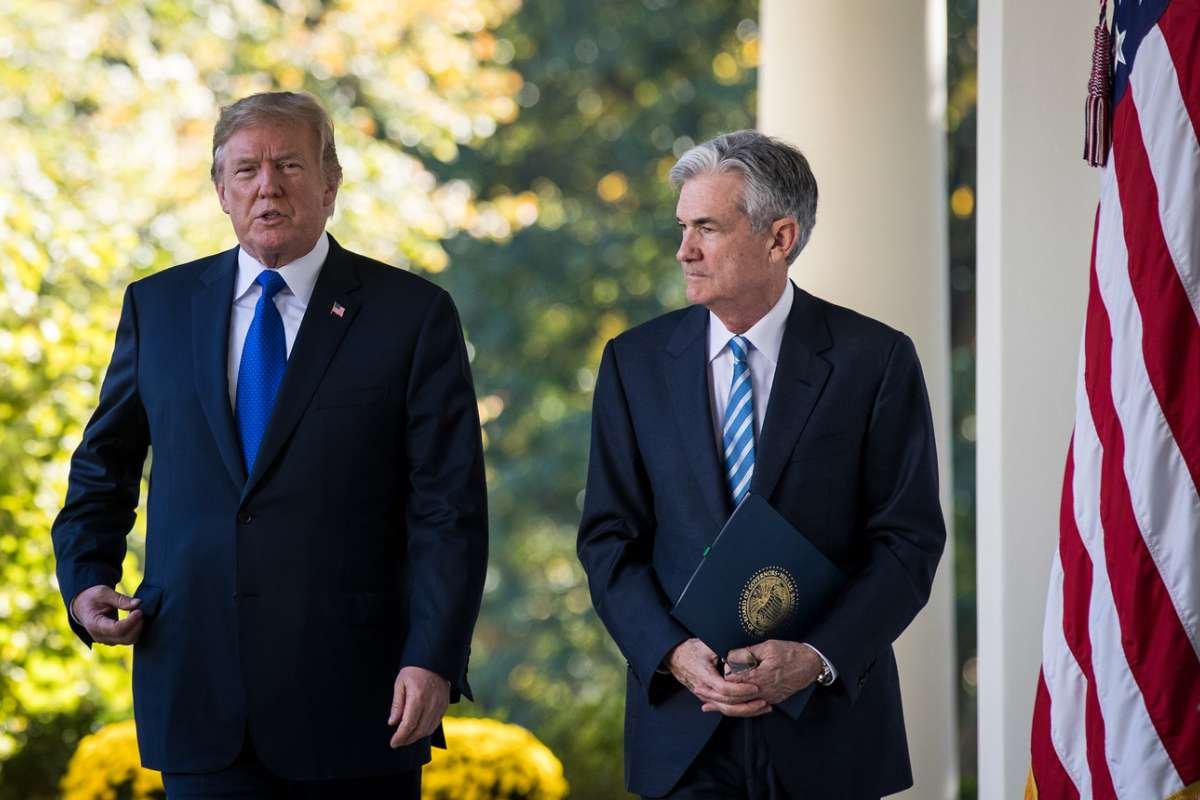China’s Economic Resilience and Business Potential
China’s Vice Premier, He Lifeng, has reassured foreign CEOs of the country’s economic strength and business potential, emphasizing its resilience despite global economic uncertainties. Speaking at the China Development Forum in Beijing, He highlighted China’s commitment to improving its business environment and attracting multinational companies, including boosting U.S. Investment opportunities.
During the event, He met with the heads of major corporations, including Apple, Pfizer, Mastercard, Cargill, Eli Lilly, Medtronic, and Corning. These discussions align with China’s broader strategy of stabilizing foreign investment while boosting domestic consumption. The government hopes that these efforts will counterbalance the impact of U.S. tariffs on Chinese goods, which have created economic hurdles.
Despite concerns over domestic deflationary pressures and trade restrictions, global investment banks have taken a cautiously optimistic stance on China’s economic trajectory. Financial institutions such as Nomura, ANZ, Citi, and Morgan Stanley recently increased their 2025 growth projections for China by 50 basis points, though their forecasts still fall short of the Chinese government’s official 5% target.
Impact of U.S. Tariffs and Business Sentiment
The business forum took place amid increasing global economic instability and ongoing tensions between China and the United States. The Trump administration has imposed a 20% tariff on all Chinese goods since January, citing Beijing’s alleged failure to curb the flow of fentanyl into the U.S. These tariffs have added pressure to China’s trade landscape, prompting policymakers to adopt more proactive economic measures.
Chinese Premier Li Qiang addressed these concerns at the forum, calling for open markets to mitigate the challenges posed by rising global instability. He assured business leaders that China would continue implementing policies to strengthen economic growth and facilitate trade partnerships.
Despite geopolitical tensions, American companies remain a significant presence at the China Development Forum. This year, 86 representatives from 21 countries attended the event, with U.S. firms constituting the largest group of participants. However, sources indicate that fewer American CEOs attended compared to previous years, reflecting the cautious approach some companies are taking towards the Chinese market.
Continued Business Engagement and Investments
Amid concerns over trade relations, some American corporations have reaffirmed their long-term commitment to the Chinese market, demonstrating a strong focus on U.S. Investment. Corning CEO Wendell Weeks expressed confidence in China’s economic development, highlighting the company’s consistent investments in the region over several decades. Similarly, Amway CEO Michael Nelson acknowledged the impact of U.S. tariffs but emphasized the company’s focus on future opportunities in China.
Apple, a company highly reliant on Chinese manufacturing and supply chains, announced plans to establish a 720 million yuan ($99 million) clean energy fund to expand its sustainability initiatives in the country. This move underscores Apple’s strategic commitment to maintaining a strong presence in China despite trade uncertainties.
Meanwhile, Cargill CEO Brian Sikes engaged in discussions with China’s commerce minister, further reinforcing the ongoing dialogue between Chinese officials and American business leaders. As both nations face economic and political challenges, China continues to position itself as a key global investment hub, emphasizing opportunities to boost U.S. Investment in its expanding, innovation-driven economy.






